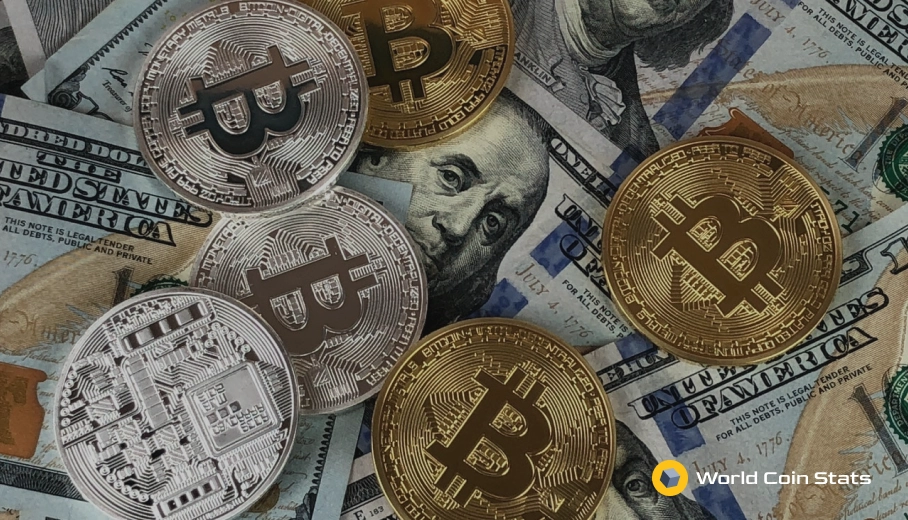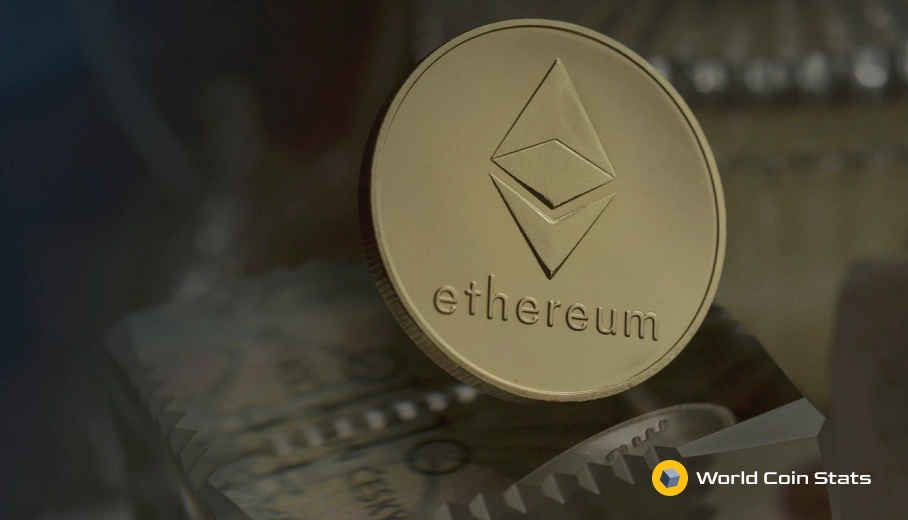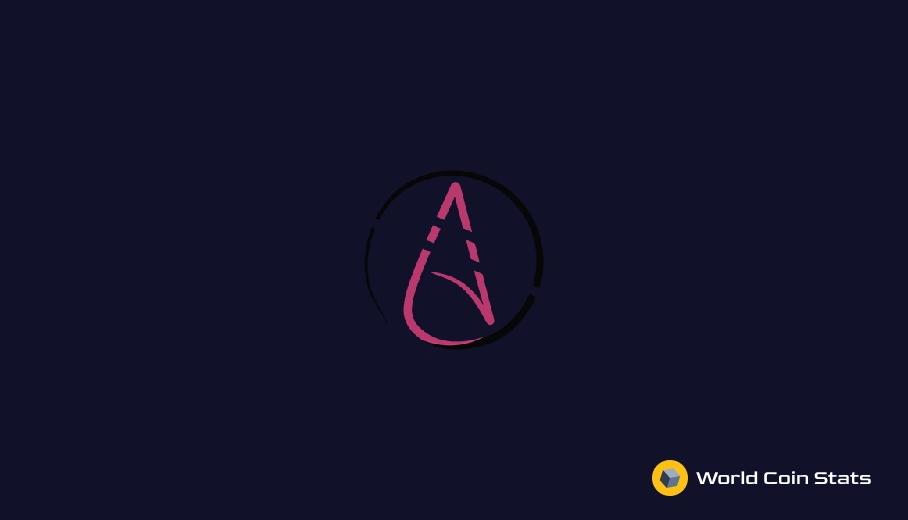Full Review of CryptoSword (SWD) – Is it a Scam?
CryptoSword is a planned play to earn game on the Binance Smart Chain. The project saw some success the first few days of launch before the price of the token completely collapsed.
The token price has not recovered since, which is not really surprising. This article will cover everything you need to know about CryptoSword (SWD) and whether or not it’s a scam.
What is CryptoSword?
So, CryptoSword actually has not launched a blockchain game. The game is still in development.
A play to earn game on the Binance Smart Chain with a price chart that looks like the below is almost always a scam:
That’s just the unfortunate reality of how projects operate in this space. The development team abandoned the project once the price of the token fell.
There’s no plan to build out the game that they promised. In fact, the development team is likely already onto the next scam to steal more investor money.
Is CryptoSword a Scam?
Yes, CryptoSword is a scam. It’s fairly obvious by looking at the price chart that the developers of this project rugged a few days after launch.
This is extremely common in the play to earn blockchain gaming (P2E) niche. It’s especially common for projects that have anonymous developers.
We understand that the project has seen some price movement since the major price drop, but this price movement is insignificant. It’s most likely bot traders or random people discovering the project and purchasing it.
Spotting Play to Earn (P2E) Scams
It’s not particularly difficult to spot to play to earn (P2E) scam projects. We would wager that most investors that get duped by these scam projects have little to no familiarity with cryptocurrency projects.
Here are some of the things you should look for to identify a scam P2E project.
The Game Hasn’t Been Released
If the game has not yet been released, then the project is most likely a scam. This probably is not the case if the project comes from a legitimate game studio, but most legitimate game studios don’t launch with an unreleased game.
Basically, a serious project will have some sort of alpha or beta release of the game at the time of launch.
Anonymous Developers
The biggest sign that you are dealing with a scam play to earn game project is anonymous developers.
CryptoSword did not have truly anonymous developers, but the website only listed a name and a cartoon image of the founders. They did not even mention a LinkedIn profile or any qualifications.
The names were most likely fabricated.
The thing with P2E games is that they take a lot of work to fully develop. Most of the popular play to earn games come from real game studios that have launched other types of games in the past.
The game developers and studio wants their name associated with a play to earn game as that can increase their profile and clout in the industry.
For that reason, you will rarely ever see a legitimate play to earn game launching with an anonymous development team. It just does not make sense for any studio or developer to do that.
Little Focus on The Game
These scam projects have a tendency to create some sort of demo gameplay video written in a basic engine like Unity. The gameplay might look polished, but it’s actually pretty basic and really does not cost much for a developer to create a working game for a gameplay demo.
The whitepaper will also have very little focus on the gameplay mechanics. You can see this with CryptoSword – the purpose of the game is to use various swords to destroy rocks.
There is little to no story behind any of this and it sounds rather boring.
Yes, we are aware that some games like Axie Infinity and Pegaxy don’t have super interesting storylines. However, those games come from legitimate game studios with fully doxxed developers.
Basically, a game that comes from a legitimate game studio with fully doxxed developers can get away with more than an anonymous development team.
Are Play to Earn (P2E) Projects Worth Investing In?
Yes, P2E projects are worth investing in if you can find the legitimate ones.
We will give you a hint and say that there are not very many legitimate P2E projects out there. There are very few of them on the Binance Smart Chain.
Most of the legitimate play to earn games are on Ethereum.
Anyway, if you want to invest in a P2E game project, then you pretty much have to invest in ones that have a fully doxxed development team (ie. you can view their LinkedIn page and find YouTube interviews). If the team is anonymous or semi-anonymous, then there’s a nearly 100% chance it’s a scam.
Closing Words
To summarize, CryptoSword is a scam project and not worthy of an investment. It follows a fairly standard template for scam P2E projects, so it’s not a difficult one to spot in our opinion.
The unfortunate reality is the P2E gaming industry is full of projects like CryptoSword that make huge promises and never deliver on any of the promises. We recommend avoiding any projects like this, especially from anonymous developers. You should focus on projects that have a fully doxxed development team and have a working game at the time of launch.




